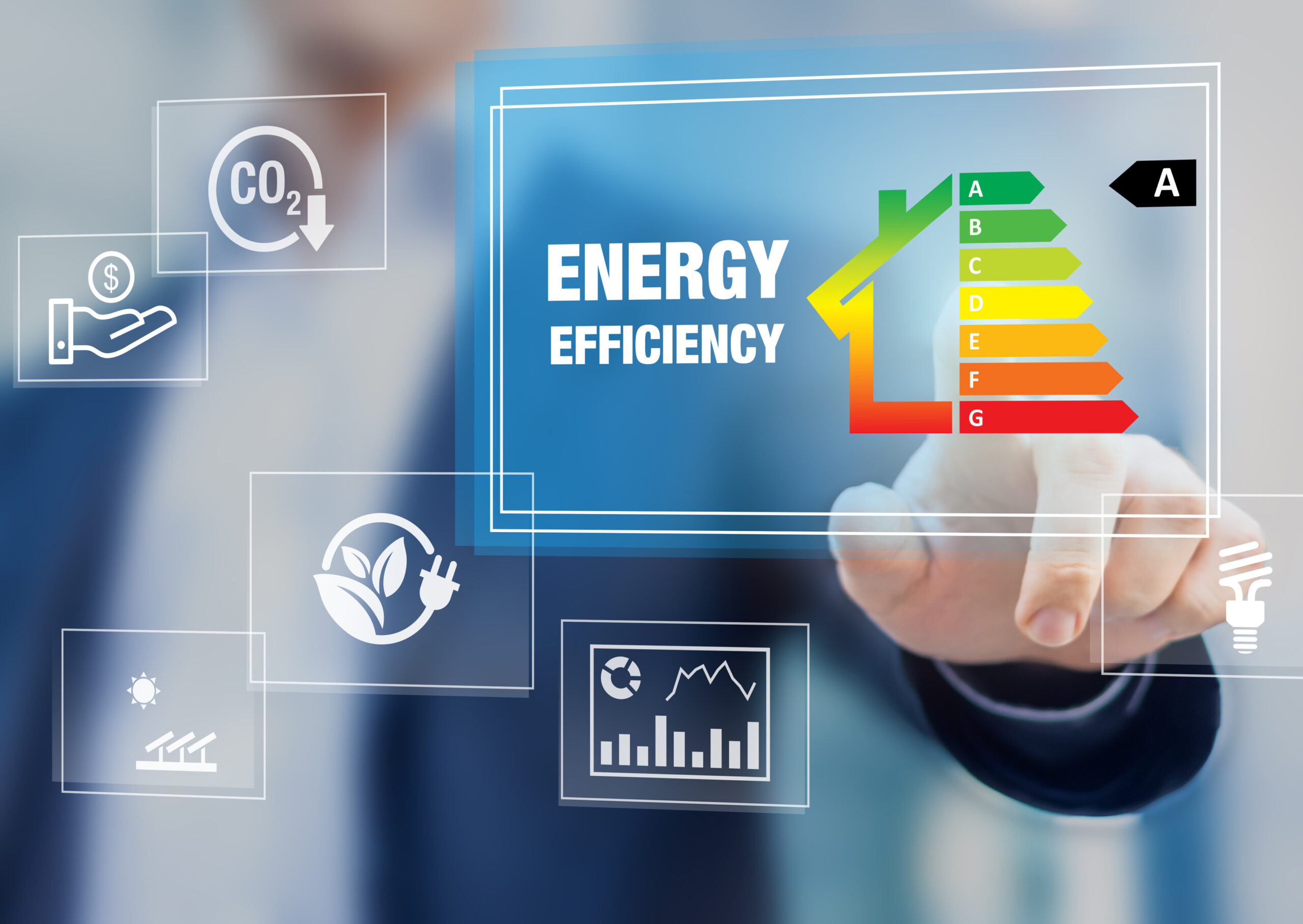Last month, I joined the Citizens Utility Board of Wisconsin in a virtual discussion about energy costs in the state. I discussed strategies to address rising energy costs during the panel, including energy efficiency and beneficial electrification. The panel focused on real-world actions residents can take to reduce their energy burden. You can watch the webinar replay by clicking on this link. Now, I want to talk about the resources we have to support individual efforts to fight soaring energy costs through energy efficiency. In particular, I want to talk about the Focus on Energy® Program. (Focus).
What do I mean by energy efficiency, and why should you care? Energy efficiency is the use of less energy to produce the same result. For example, a light-emitting diode (LED) lightbulb produces the same amount of light as an incandescent lightbulb using only 15 percent of the energy needed for the incandescent light because LED lights waste less energy in the form of heat. Energy efficiency is important because less energy saves you money on utility bills.
Most homeowners, renters, and businesses in Wisconsin can access resources – such as free Energy Saving Packs – and financial incentives to improve the energy efficiency of their homes and businesses through the Focus program. Focus is Wisconsin’s energy efficiency and renewable resource program that operates on behalf of 107 utilities. Since 2001 the program has saved Wisconsin residents over $1 billion.
Last spring, the Public Service Commission (PSC) made decisions regarding the overall policies and priorities for the next phase of the Focus program. Wisconsin law requires the PSC to review energy efficiency and renewable energy programs every four years. You can read the minutes of the PSC meeting here.
In summary, the PSC provided the following directions for the next four years (period from 2023 to 2026):
- Focus should play a more significant role in cost-effectively reducing carbon emissions. The next four years should serve as a transitional period during which the program continues emphasizing energy savings while progressing toward a transition to a greater emphasis on reducing carbon emissions.
- Focus shall not claim savings from fuel switching from unregulated fuels to electricity.
- Focus shall use the next four years as a transitional period to position the program to take on a more significant role in promoting beneficial electrification statewide.
- Focus shall develop and maintain a menu of options for voluntary utility programs to be shared with participating utilities.
- Focus shall maintain its current level of support for utility demand response programs.
- The Focus program should continue to offer income-qualified programs and coordinate with the Department of Energy weatherization program to further fill potential gaps in its low-income offerings, including community-based pilot(s) in targeted communities. The Focus Program Administrator shall convene a stakeholder group that includes community-based organizations that work with marginalized communities to address barriers to outreach and participation.
RENEW submitted comments to the PSC supporting the alignment of Focus with emissions reduction goals to lower the state’s dependence on imported fuels and support renewable energy development. You can read RENEWS’s comments on the Focus Quadrennial Planning Process here.
I will write in the future about resources to help you save money through beneficial electrification. Stay tuned!

